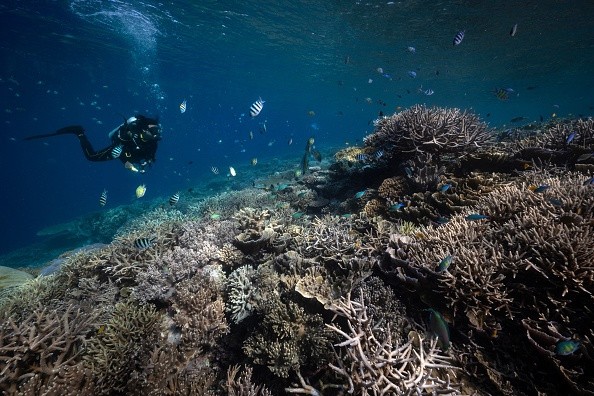
Two reef scientists announced on Monday that coral reefs around the world are experiencing a mass bleaching event as the climate crisis drives record-breaking ocean heat, warning that this could become the worst bleaching period in recorded history.
Corals die from extreme or prolonged heat stress, but if temperatures drop and other stressors like pollution and overfishing are lessened, there may be a chance for recovery.
Derek Manzello of the US National Oceanic and Atmospheric Administration (NOAA) said that coral bleaching is becoming more frequent and severe as the world's oceans continue to warm.
He claimed that when these events are sufficiently severe or prolonged, they can cause coral mortality, which hurts the people who depend on the coral reefs for their livelihoods.
Satellite observations from 1985 to the present are the foundation for NOAA's heat-stress monitoring program. This bleaching event is the fourth on record, following occurrences in 1998, 2010, and 2016.
Corals, marine invertebrates composed of individual organisms known as polyps, coexist symbiotically with the algae that feed on them and live inside their tissue.
The phenomenon known as "bleaching" occurs when coral expels its algae and turns white in very warm water, leaving it vulnerable to illness and possibly extinct.
Massive coral reef bleaching has been documented since the beginning of 2023 in all tropics, including Florida, the Caribbean, Brazil, and the eastern Tropical Pacific.
According to NOAA, the heat wave that struck Florida in 2023 began earlier, lasted longer, and was more intense than any other heat wave recorded in that region.
Australia's Great Barrier Reef, the largest coral reef system in the world and the only one visible from space has also been severely affected, as it has large tracts of the South Pacific, Red Sea, and Gulf.
Furthermore, the NGO WWF said that around 850 million people worldwide depend on coral reefs for food, employment, storm protection, and to protect coasts from erosion and storms.








